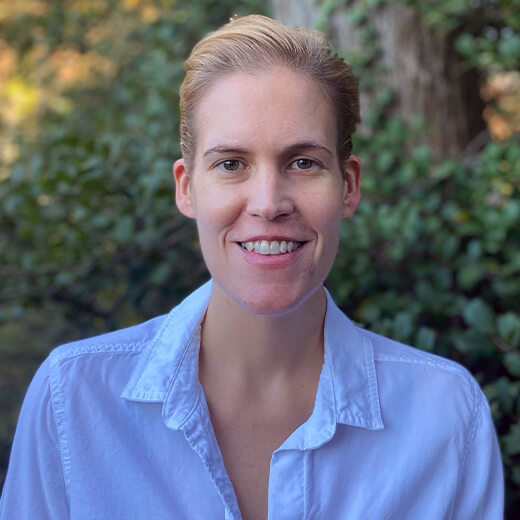Takeaway
Colleagues with a substance use disorder deserve the utmost compassion. We can offer nonjudgmental support, just like we do for all other conditions.

Passion in the medical profession | September 21, 2023 | 1 min read
By Hannah Fetting, MSN, CRNP, Johns Hopkins Medicine
“Thanks for talking to me like a person.” Recently a patient who’d been struggling with a substance use disorder (SUD) told me this toward the end of a visit. The weight of her comment didn’t hit me until later, when I realized that in conversations with healthcare providers prior to me, she’d been made to feel less than human.
In addition to patients, any number of colleagues may be struggling with an SUD. A new study in the “Annals of Internal Medicine” tells us that healthcare professionals with opioid use disorder are at increased risk of fatal overdose. Nurses, social workers, and behavioral health professionals are at highest risk. Reading this article, I was brought back to my patient and her words. I imagine the shame she must have felt in hospitals, emergency departments, and exam rooms like mine. I imagine her then as a nurse, a social worker, a therapist, or a physician in those same spaces.
How could we expect our colleagues who struggle with substance use to seek help if they are shamed if they do?
Medicine is a human endeavor. We have a responsibility to approach our patients and members of our healthcare team as human beings deserving of compassion. Because they are.
This piece expresses the views solely of the author. It does not necessarily represent the views of any organization, including Johns Hopkins Medicine.

